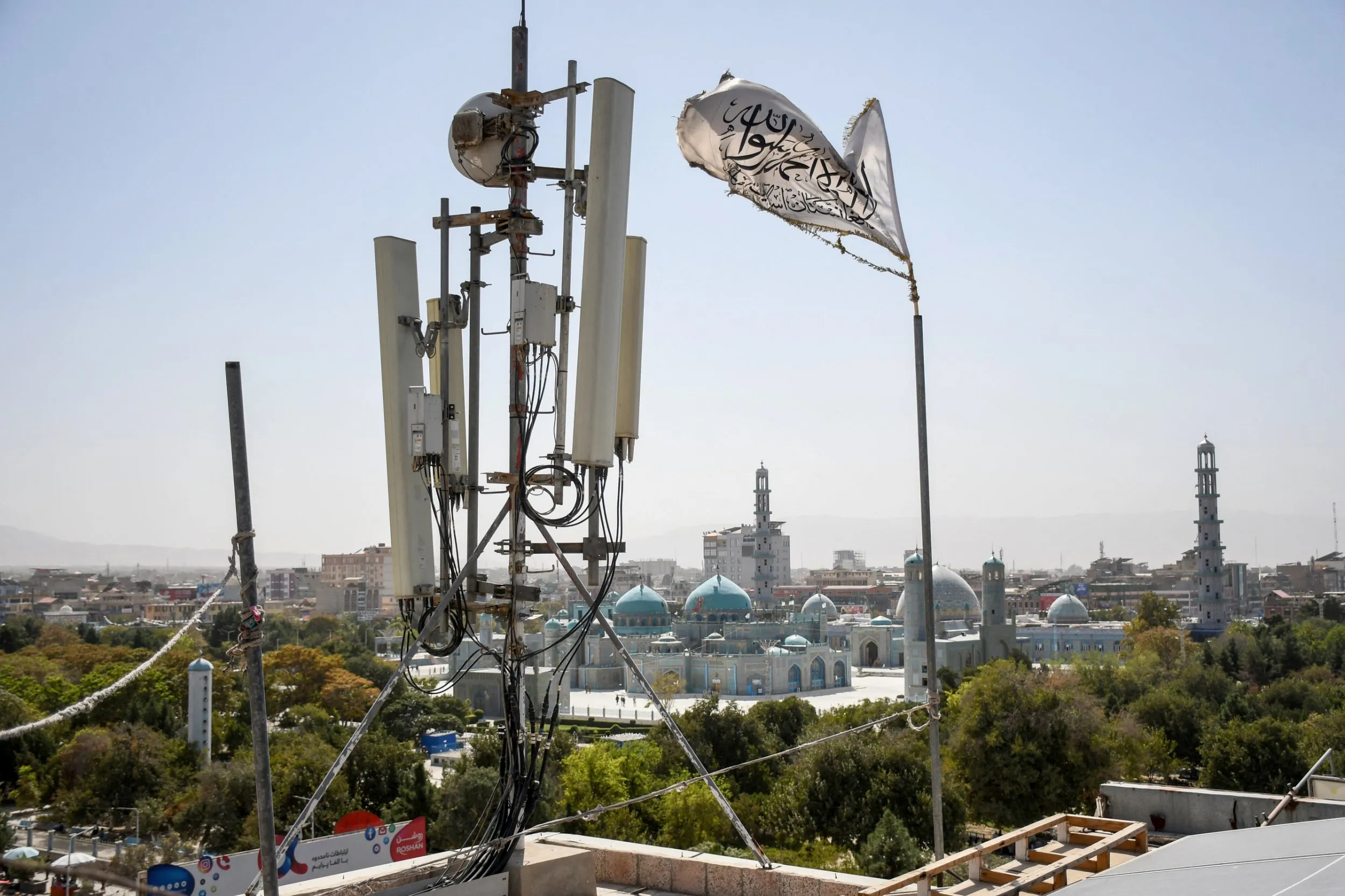By Sarah Hooper
Copyright metro

The Taliban claim the crackdown is to fight ‘immorality’ (Picture: Getty)
An internet blackout hit Afghanistan on Monday, with local media reporting a potential nationwide cut of fibre-optic services.
The Taliban crackdown is the first shutdown of its kind since the insurgents seized power in August 2021.
Taliban leader Hibatullah Akhundzada issued a decree banning the internet to prevent immorality.
Internet-access advocacy group Netblocks said that live metrics showed connectivity in Afghanistan had ‘collapsed’ to 14% of ordinary levels, with a near-total nationwide telecoms disruption in effect.
‘The incident is likely to severely limit the public’s ability to contact the outside world,’ the group added.
The Associated Press was unable to contact its Kabul bureau, as well as journalists in the provinces of Nangarhar and Helmand.
The Taliban has cracked down on human rights (Picture: AFP)
There was no confirmation of the blackout from the Taliban government, which relies heavily on messaging apps and social media.
The private Tolo News TV channel said sources had confirmed that fibre-optic internet could be cut all over the country starting on Monday.
Since taking power over the country again in 2021, the Taliban has continued its crackdown on human rights and women.
In late December, the Supreme Leader issued a decree to ‘ensure women’s privacy’ in Afghanistan, which states they must not be visible from neighbouring homes while cooking, sitting, or standing.
In the five-point decree, any two buildings constructed within a pathway’s distance from one another are forbidden to have windows facing the neighbour’s kitchen, water well, or any other area where women are ‘commonly present’.
Anybody who has windows which overlook their neighbour’s property in such a fashion is required to build a wall or take other steps to minimise the ‘harm’ done to their neighbour, the decree states.
Women have been systemically stripped of their rights (Picture: AFP)
Under the leadership of Akhundzada, more than 100 similar edicts have been issued, which have seen women systematically stripped of their rights.
These include banning women from attending university and getting jobs, halting their education at a primary school level and restricting their access to public spaces such as parks, restaurants and beauty salons.
Such edicts are enforced by a state-sponsored ‘morality police’ who are given sweeping powers to enforce these regulations and ensure that no new buildings violate the new rules.
The United Nations has condemned these policies as a form of ‘gender apartheid,’ underscoring the growing isolation and suffering of women and girls under Taliban rule.
Get in touch with our news team by emailing us at webnews@metro.co.uk.
For more stories like this, check our news page.



